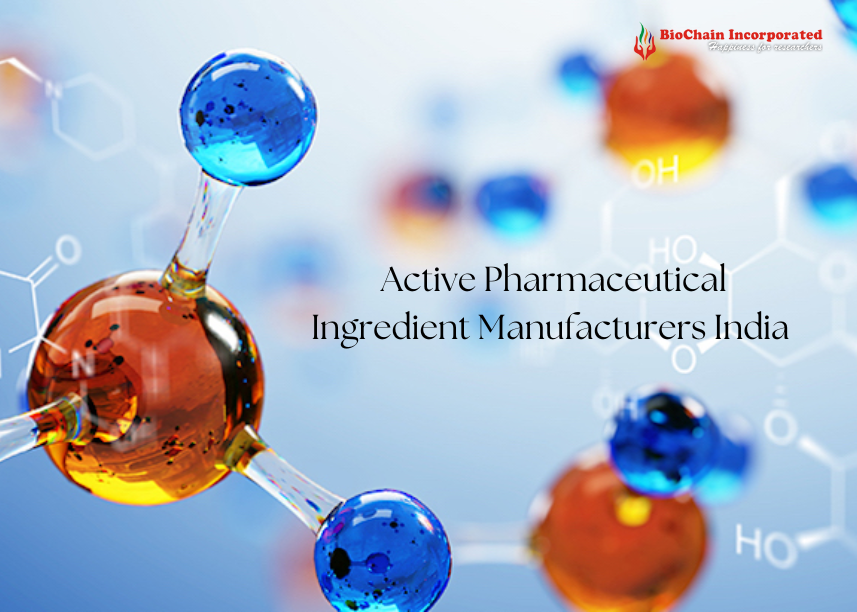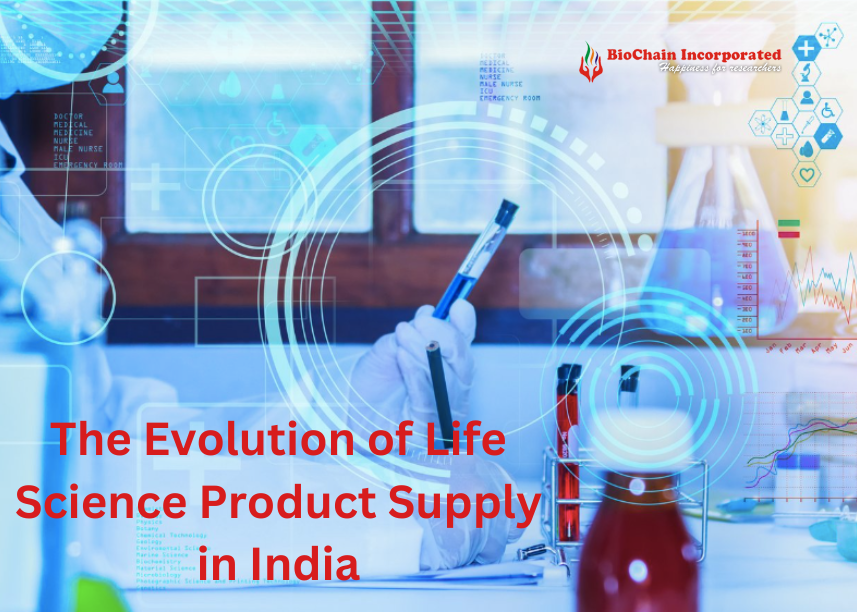Cost-Effectiveness of ELISA Kits in Food Safety Testing
In today's globalized world, ensuring the safety and quality of the food chain is paramount. Due to increasing food safety regulations and consumer awareness, food manufacturers and regulatory agencies are constantly looking for effective and cost-effective methods to detect and prevent contamination. Use enzyme-linked immunosorbent assay (ELISA) kits, a powerful tool in your food safety arsenal. Let's consider why ELISA kits are not only effective, but also very cost-effective for food safety.
Understanding ELISA Kits
The Enzyme-Linked Immunosorbent Assay (ELISA) is a widely used biochemical method for the detection of specific substances such as pathogens, allergens or contaminants in food samples. ELISA kits typically contain all the reagents and components needed to perform the test, including antibodies, enzymes, substrates, and controls.
Cost-effectiveness of ELISA kits
-
High sensitivity and specificity: ELISA kits offer high sensitivity and specificity, enabling accurate detection of even small contaminants in food samples. This reduces the likelihood of false negatives or false positives and minimizes the risk of costly recalls or product recalls.
-
Speed and efficiency: ELISA kits provide rapid results, often in hours, enabling timely decision-making and response to food safety issues. This helps food manufacturers minimize downtime and production losses associated with lengthy testing procedures.
-
Ease of use: ELISA kits are designed to be easy to use and require little training and knowledge to perform the analysis. This reduces labor costs and streamlines the testing process, making it accessible to a wide range of users from laboratory technicians to food safety inspectors.
-
Scalability: ELISA kits are available in a variety of formats and configurations, making them suitable for small- and large-scale testing applications. Whether testing a single sample or screening thousands of samples in a production facility, the Food safety rapid test kit offers scalability and flexibility for a variety of testing needs.
-
Cost-effective pricing: Compared to other analytical methods such as chromatography or mass spectrometry, ELISA kits are generally more cost-effective, with lower initial equipment costs and lower sample testing costs. In addition, the ability to purchase sets in bulk or multiplexed sets further increases cost savings.
Applications of ELISA Kits in Food Safety Testing
ELISA kits are used in several food safety testing applications, including:
-
Allergen detection: ELISA kits can detect allergenic proteins in food, helping manufacturers comply. according to labeling regulations and prevents cross-contamination.
-
Pathogen screening: ELISA kits are used to detect the presence of foodborne pathogens such as Salmonella, Listeria and E. coli in food samples, ensuring the safety of the food chain.
-
Analysis of mycotoxins: ELISA kits enable rapid and sensitive detection of mycotoxins such as aflatoxins and ochratoxins in cereals, nuts and other agricultural products, thus reducing the risk of contamination.
Conclusion
In summary, ELISA kits provide a cost-effective solution for food safety testing and offer high sensitivity, speed, efficiency and scalability. By harnessing the power of ELISA technology, food manufacturers and regulatory agencies can effectively detect and mitigate potential hazards in the food chain and protect public health and consumer confidence. As global demand for safe, high-quality foods continues to grow, ELISA kits continue to be an important tool for ensuring food safety and integrity. Biochain, is one of the leading Food safety rapid test kit suppliers in India to supply quality Food safety rapid test kit. Consult now.



.png)

.png)


.png)
.png)
.png)
.png)
.png)